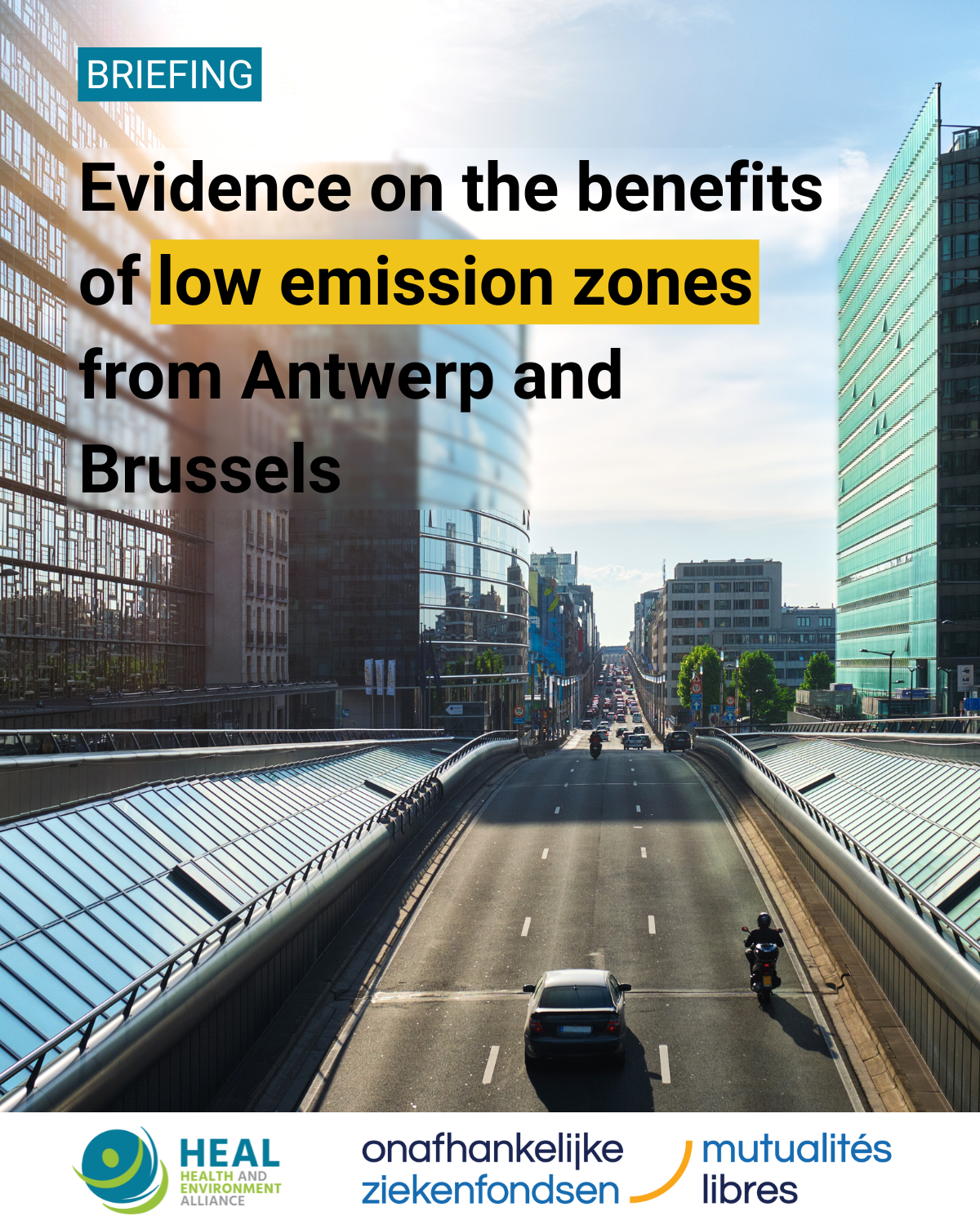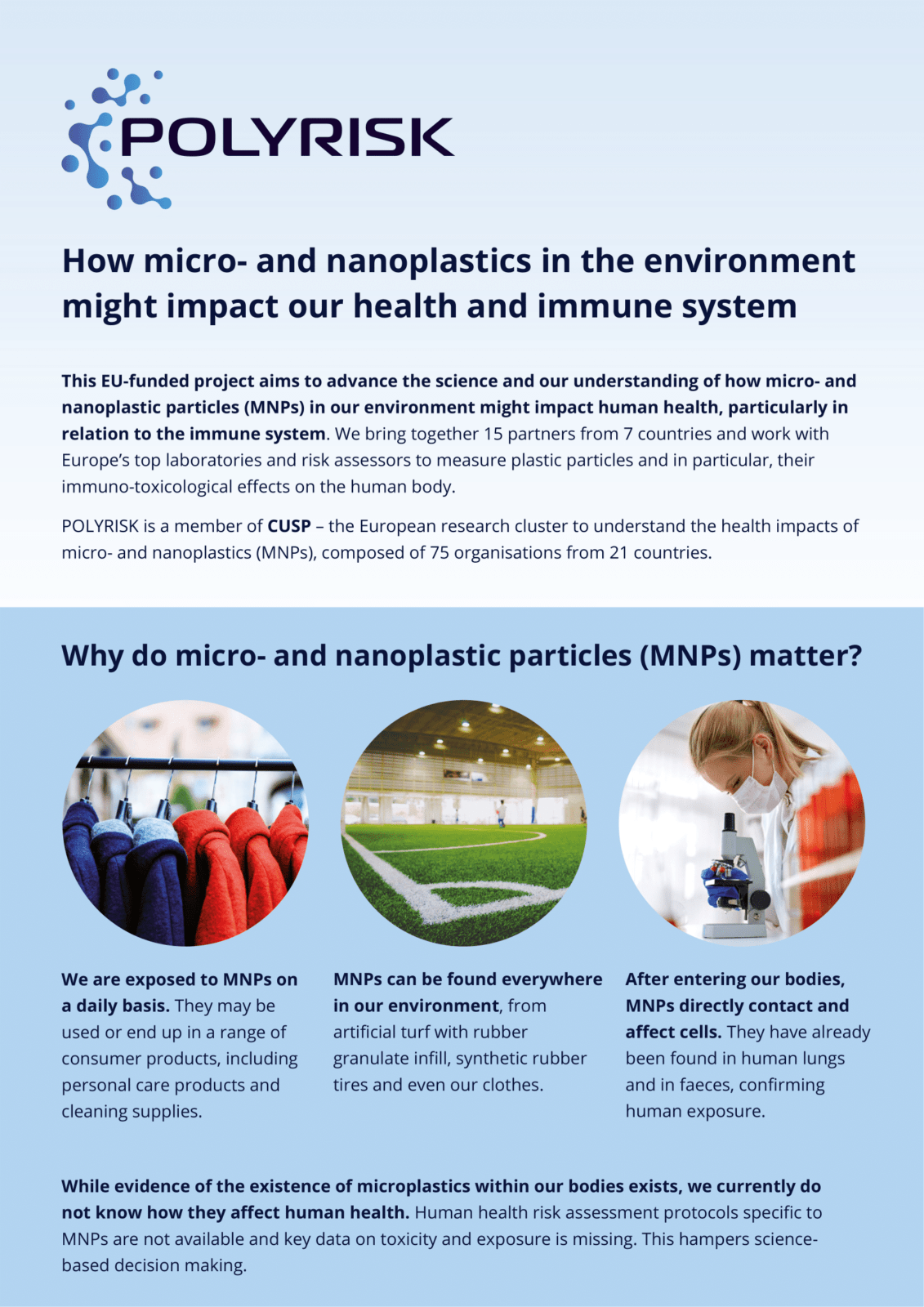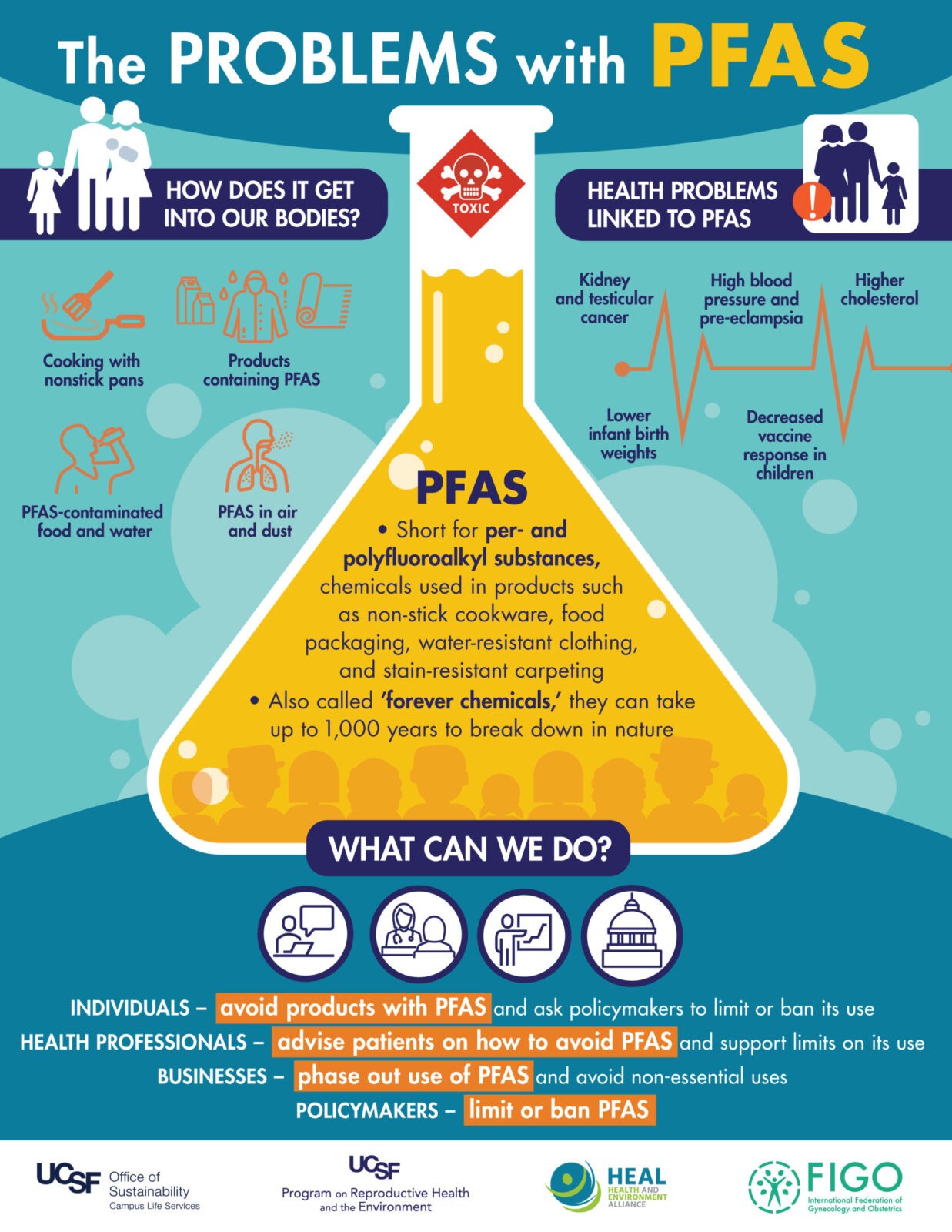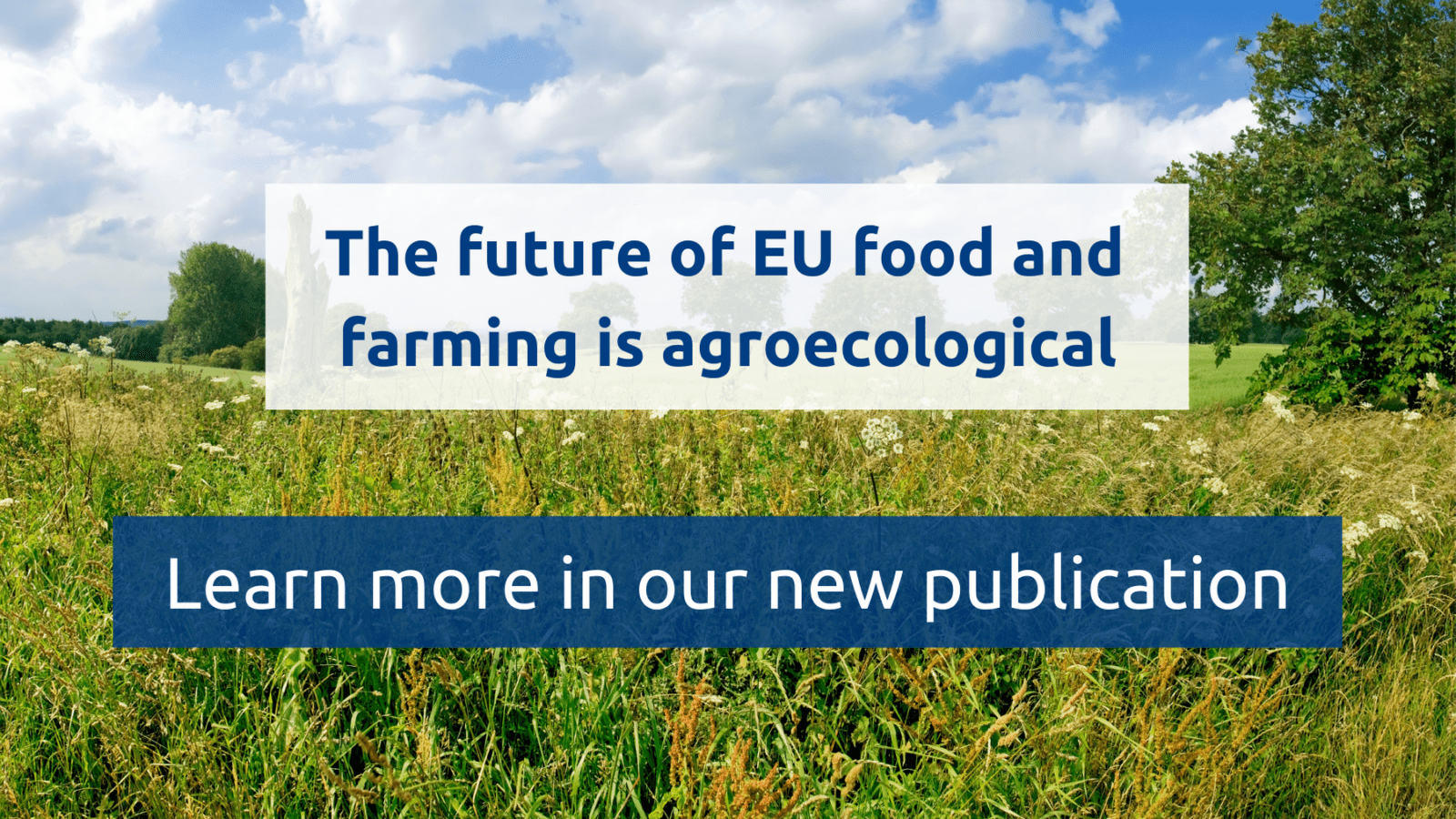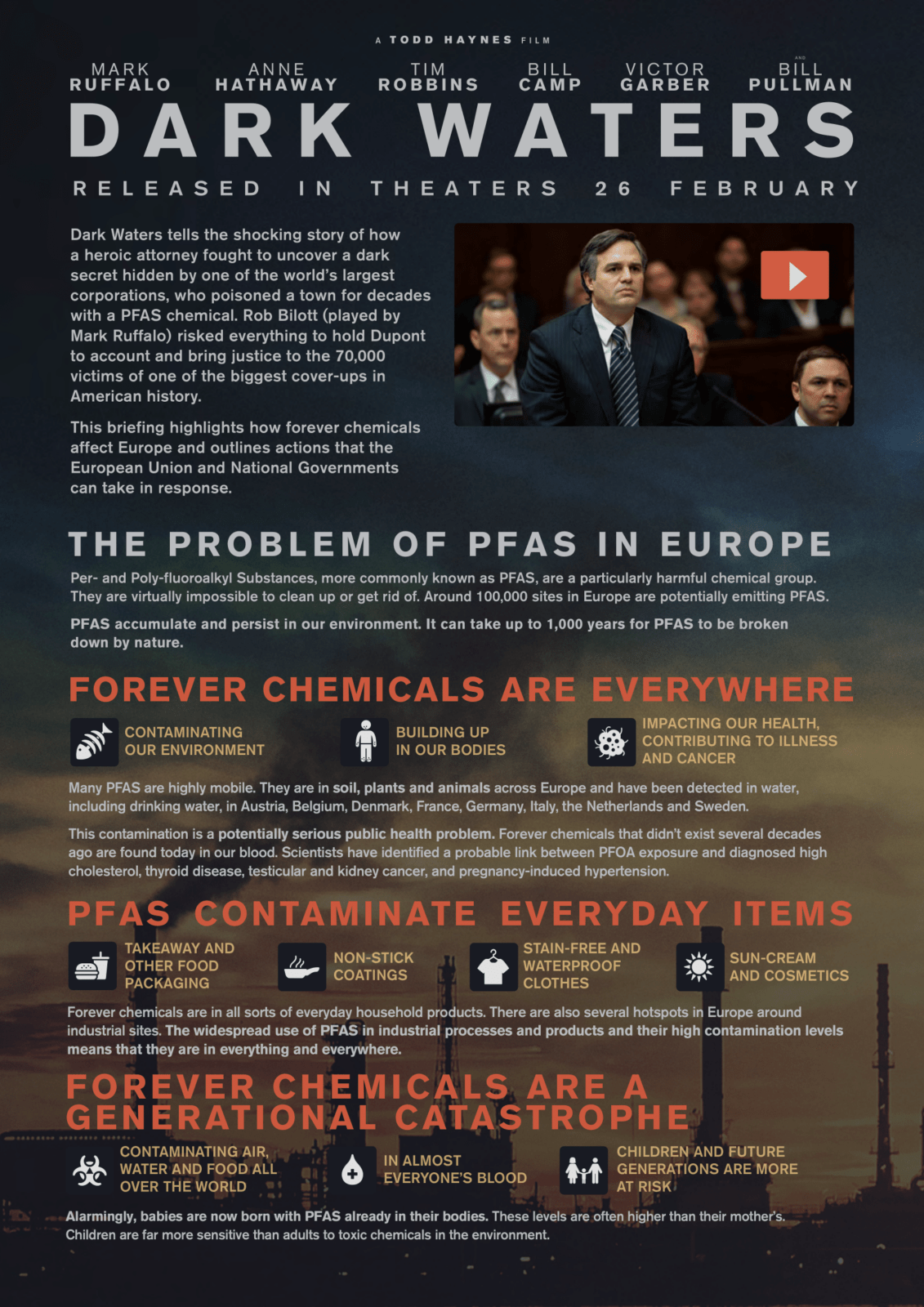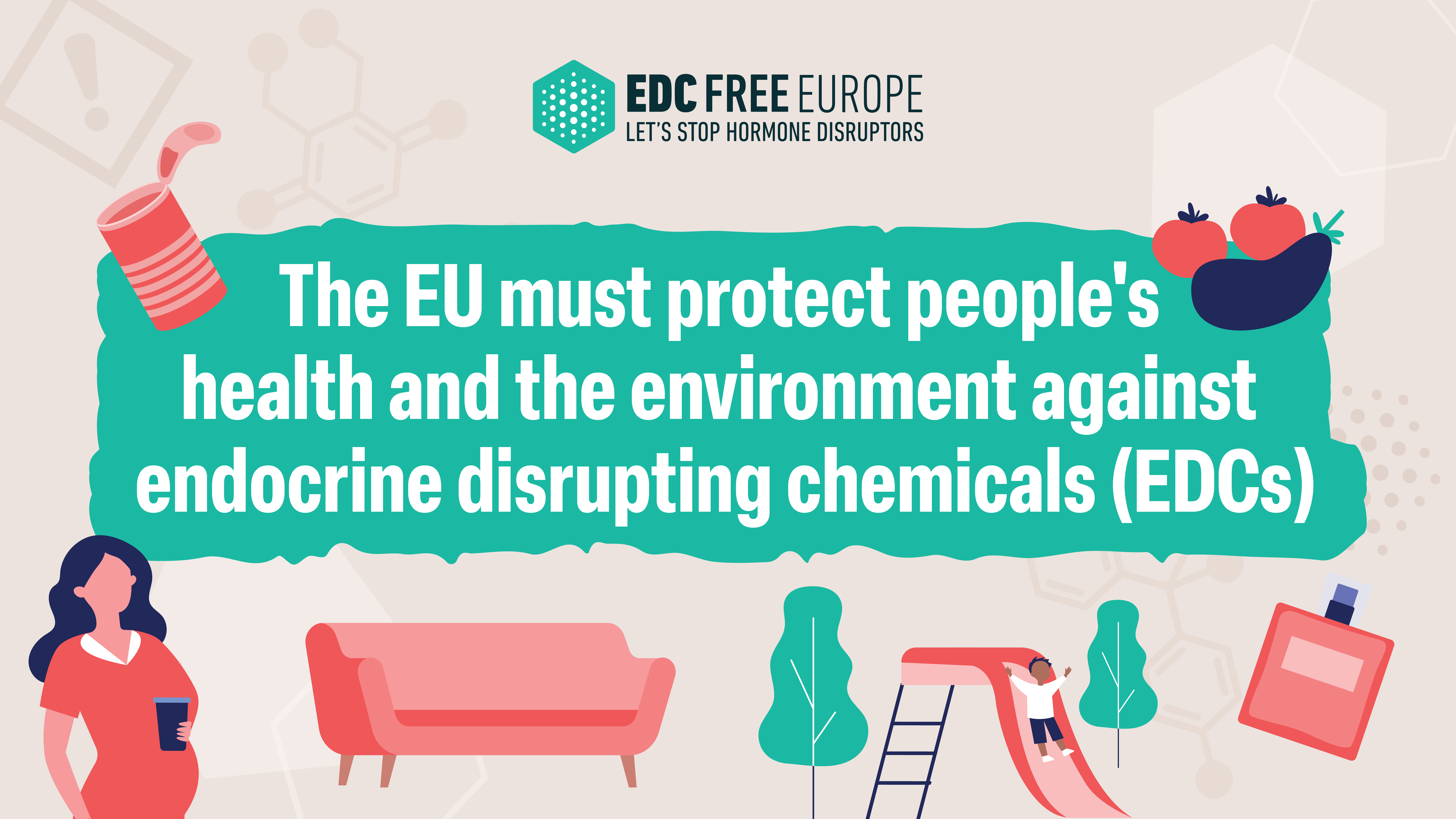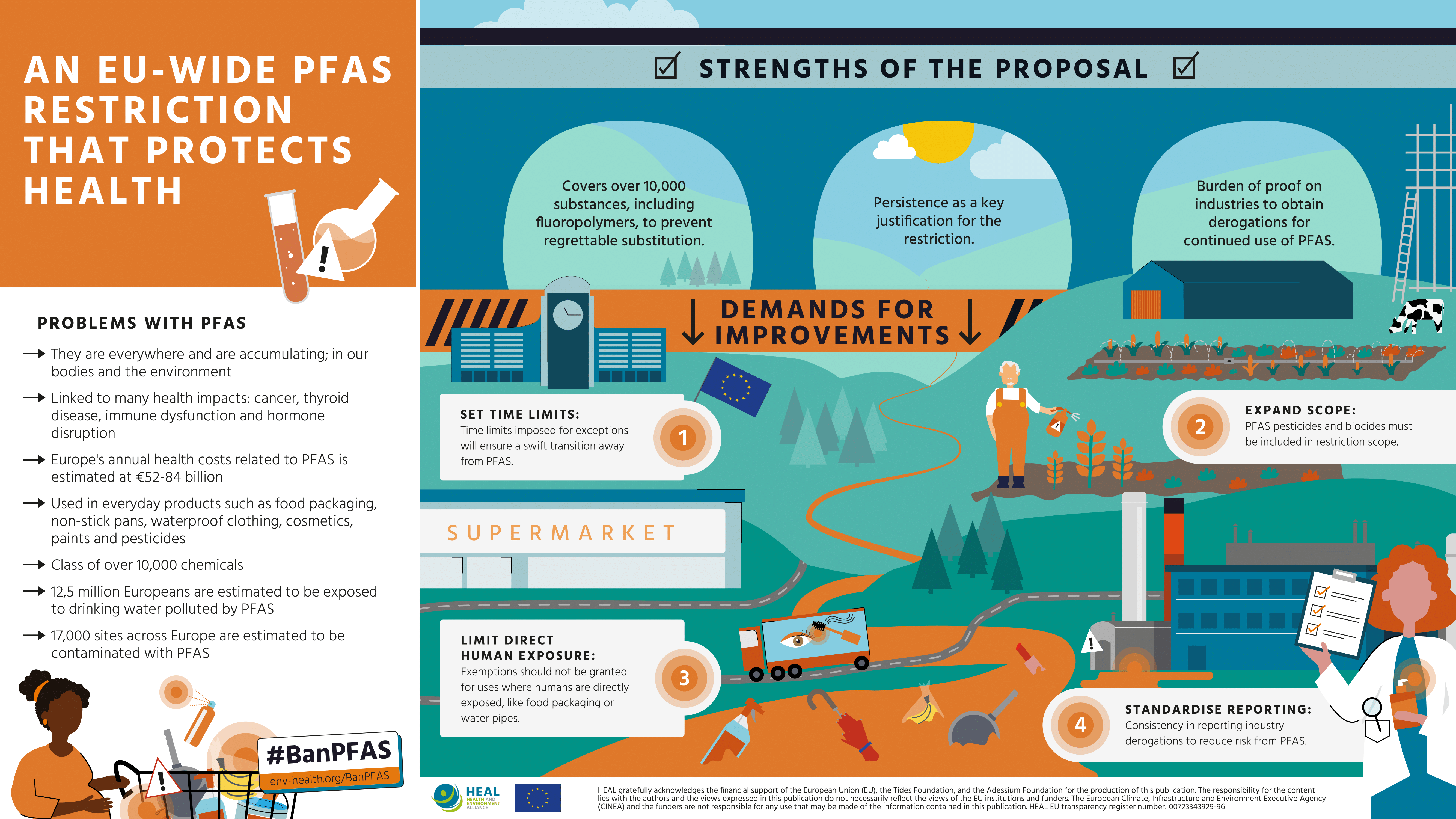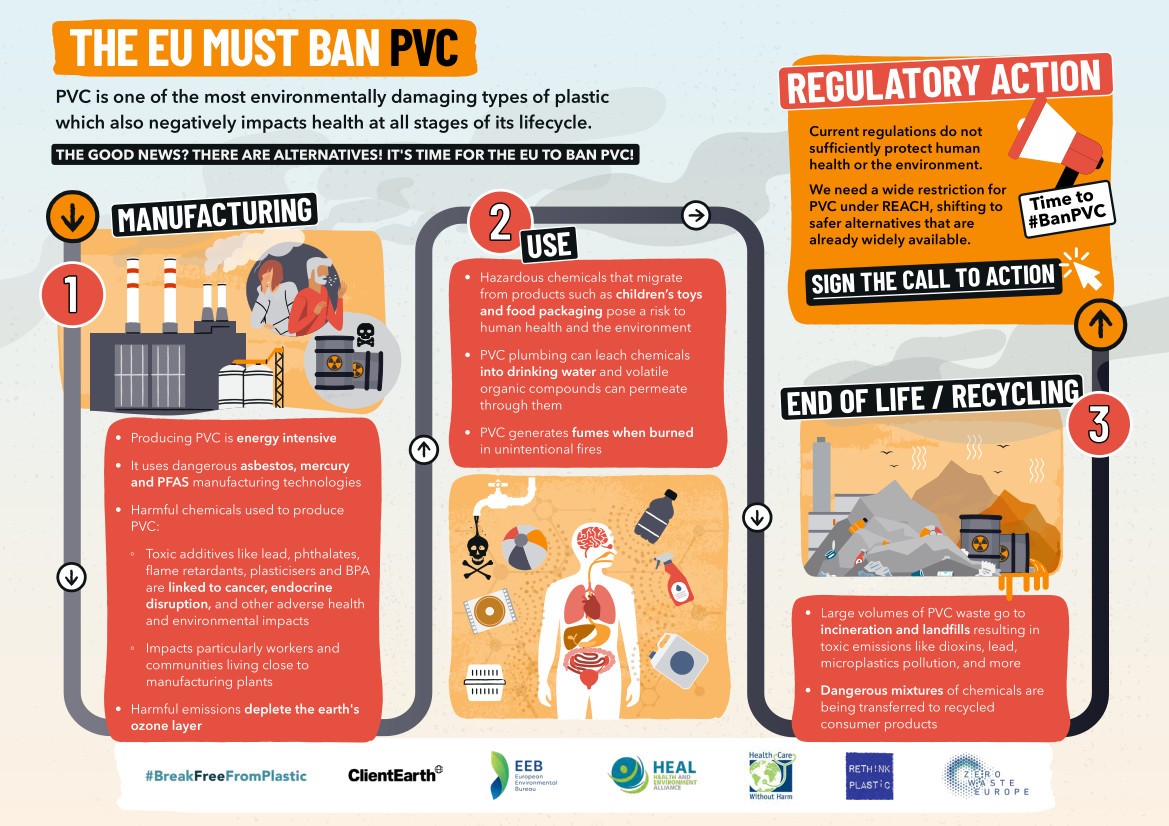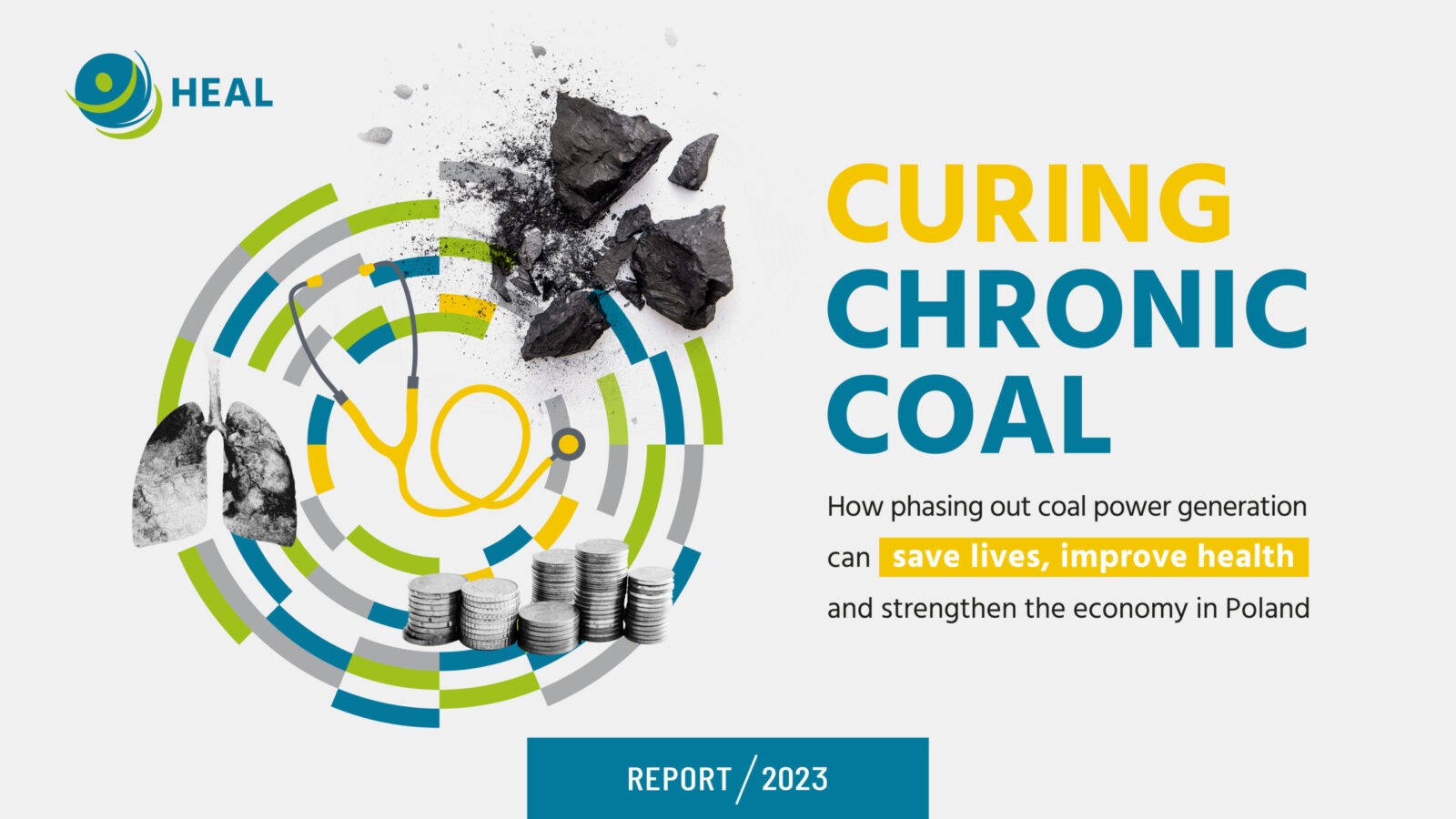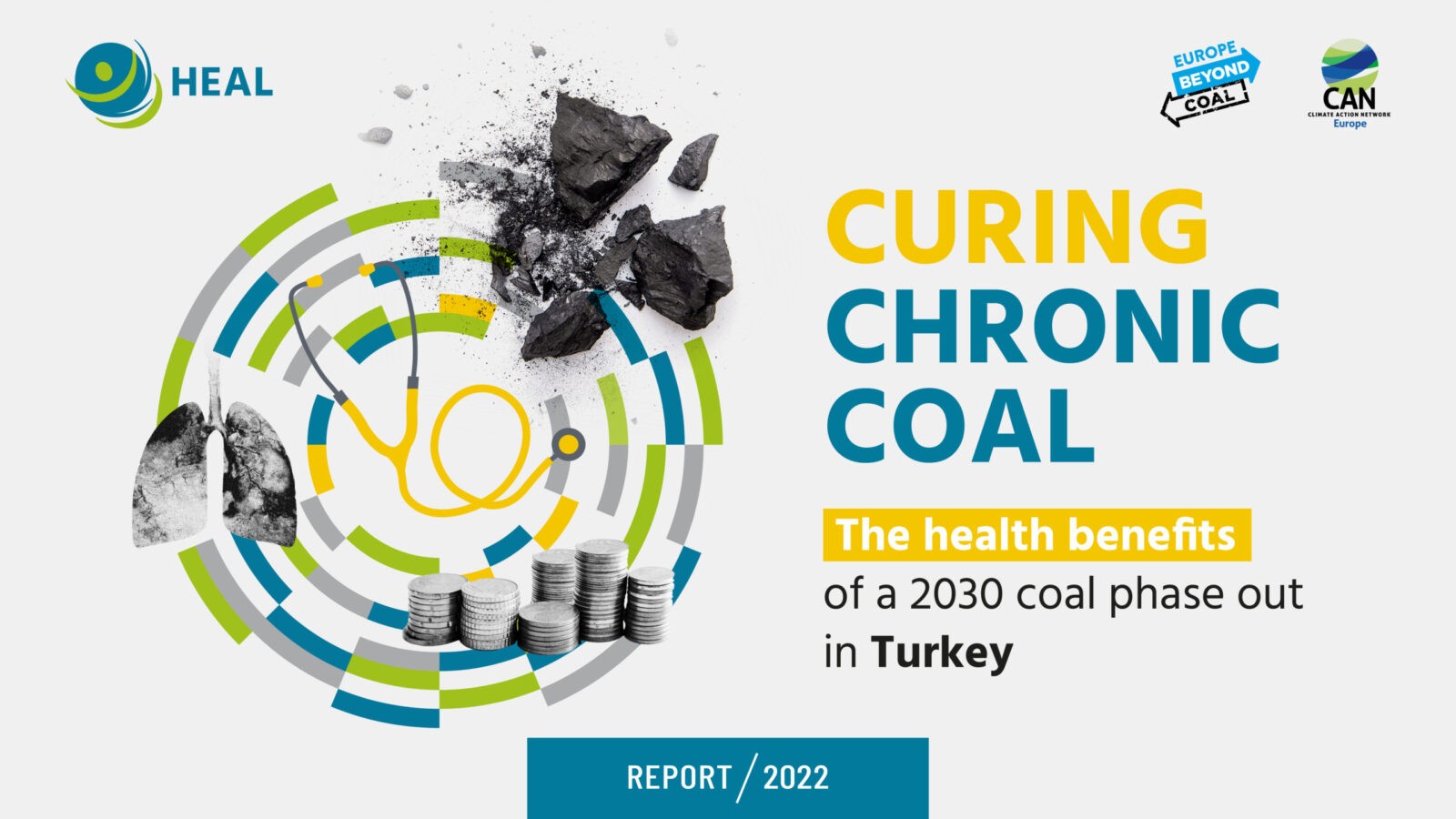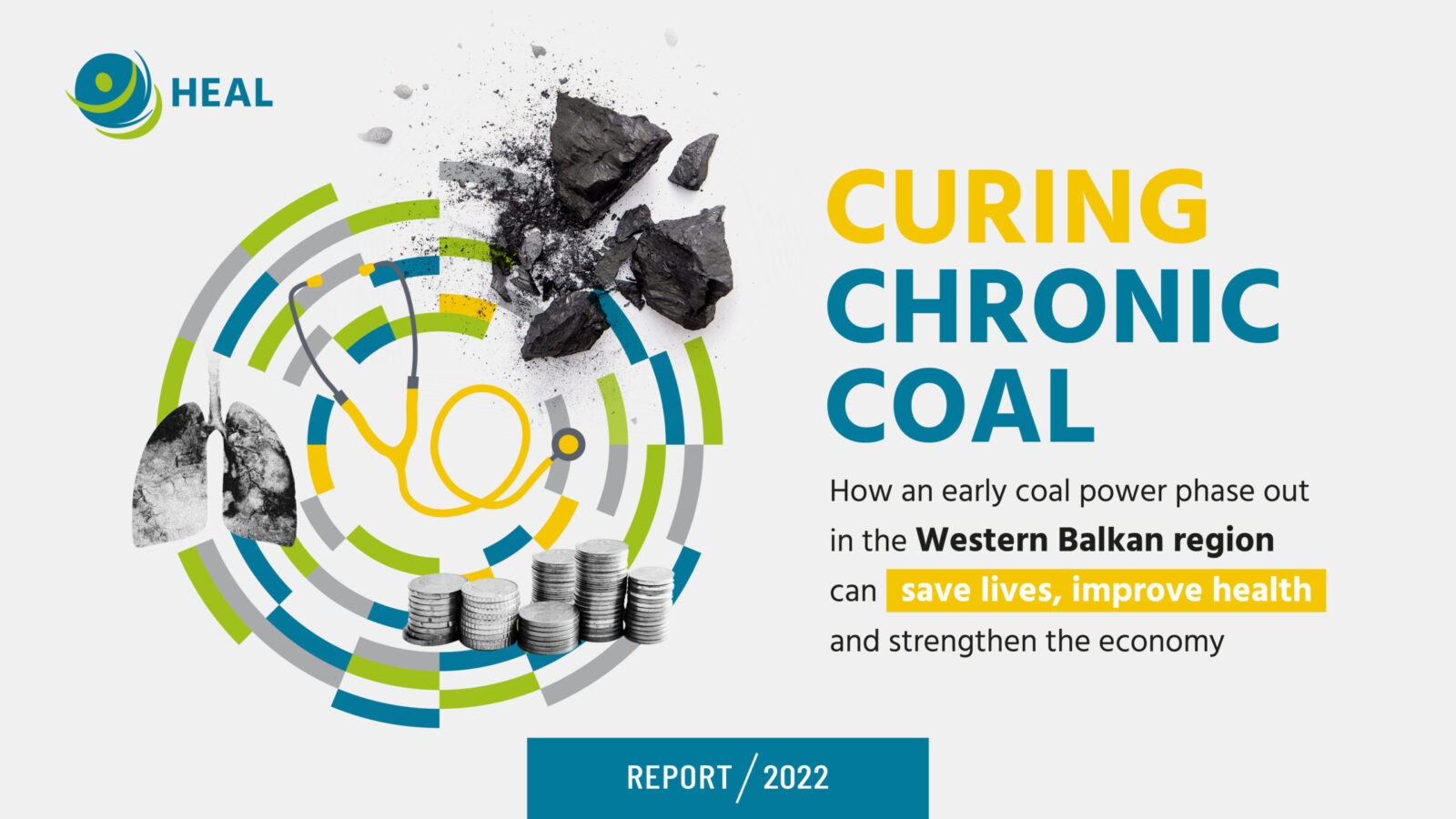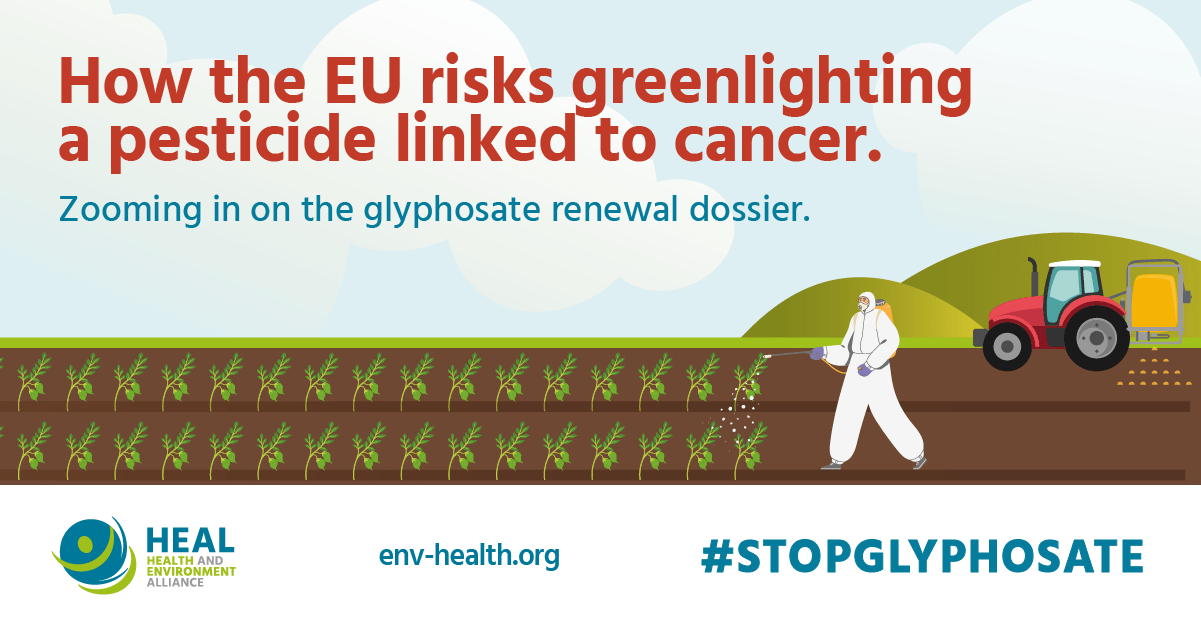HEAL produces and shares a wide range of content.
We advocate for policies to benefit people’s health and the environment, raise awareness on environment and health links and publicise opportunities for action through various resources.
Stay briefed, read our reports, press releases, letters, briefings, policy papers, scientific statements and many other publications are all available below.
New briefing: External costs of climate change and air pollution in Poland
Climate change, environmental pollution and biodiversity loss affect people’s health and generate multi-billion-euro economic losses, as a briefing produced by HEAL Poland under the patronage of the Institute of Water Economy and Meteorology of the National Research Institute and the Polish Federation of Asthma, Allergy, and COPD Patients Associations highlights.
New policy brief on the health benefits of low emission zones in Brussels and Antwerp
A new policy brief, co-published by HEAL and the Independent Health Insurance Funds (Mutualités Libres), shows that the Belgian LEZs in Brussels and Antwerp have led to tangible air quality improvements in a period of only five years. Concentrations of nitrogen dioxide (NO2) pollution was reduced by 30% in Antwerp and 37% in Brussels.
HEAL, EEB, ChemTrust comments to the Commission proposal on new REACH information requirements for endocrine disruptors
HEAL, together with the European Environmental Bureau (EEB) and ChemTrust, has submitted joint comments to the Commission proposal on new REACH information requirements for endocrine disruptors.
New briefing: External costs of climate change and air pollution in Poland
Climate change, environmental pollution and biodiversity loss affect people’s health and generate multi-billion-euro economic losses, as a briefing produced by HEAL Poland under the patronage of the Institute of Water Economy and Meteorology of the National Research Institute and the Polish Federation of Asthma, Allergy, and COPD Patients Associations highlights.
New policy brief on the health benefits of low emission zones in Brussels and Antwerp
A new policy brief, co-published by HEAL and the Independent Health Insurance Funds (Mutualités Libres), shows that the Belgian LEZs in Brussels and Antwerp have led to tangible air quality improvements in a period of only five years. Concentrations of nitrogen dioxide (NO2) pollution was reduced by 30% in Antwerp and 37% in Brussels.
Briefing: How clean air action can help address socio-economic health inequalities
As EU member states, regional and local authorities prepare to implement the revised Ambient Air Quality Directive (AAQD), this briefing by the Health and Environment Alliance (HEAL) argues that decision-makers and authorities should pay particular attention to addressing socio-economic inequalities in their clean air efforts. The swift transposition and implementation of the new rules, with strengthened administrative collaboration and the full utilisation of financial support schemes, promise significant progress towards cleaner air across Europe. Improved air quality will be beneficial to everyone and contribute to preventing health inequalities for those living in socioeconomically disadvantaged areas.
New briefing on swift, health-based implementation of the revised Ambient Air Quality Directive
Science has a crucial role to play in the implementation of the revised EU clean air law, according to a new briefing by the METEOR research cluster. The briefing showcases how the projects in this EU funded research cluster can help support policymakers in the design of clean air measures and help in evaluating those which are most beneficial to health.
NGOs response to ECHA’s call for evidence on aromatic brominated flame retardants
The Health and Environment Alliance (HEAL), ChemSec, the Cancer Prevention and Education Society, Zero Waste…
HEAL’s comments on ECHA’s recommendation to amend REACH authorisation list entries for Dibutyl phthalate (DBP)
HEAL supports the proposed amendments to the REACH authorisation list entries for Dibutyl phthalate (DBP), which is listed as a substance of very high concern under REACH due to its toxicity for reproductive prpoerties and its endocrine disrupting effects on human health and the environment.
Polyrisk flyer: How micro- and nanoplastics in the environment might impact our health and immune system
While evidence of the existence of microplastics within our bodies exists, we currently do not know how they affect human health. This new Polyrisk flyer illustrates how this EU-funded project aims to advance the science of how MNPs in our environment impacts health, particularly in relation to the immune system.
Q&A on animal testing and chemical safety assessments
We are exposed to a wide mix of potentially harmful chemicals on a daily basis. To assess whether and how exposure to chemical substances can impact our health and the environment, European and national regulatory authorities rely on the results from several testing methods, including animal testing, when performing their safety assessment. In this Q&A, HEAL answers several key questions about the use of animal testing in the European Union.
How PFAS chemicals affect women, pregnancy and human development: Health actors call for urgent action to phase them out
The International Federation of Gynecology and Obstetrics (FIGO), the Health and Environment Alliance (HEAL) and the University of California in San Francisco (UCSF) have published a fact sheet and infographic to call for immediate action against “forever chemicals”, to protect reproductive health, fertility and human development.
A 10+13 agroecology approach to shape policies and transform EU food systems
This policy paper puts forward a proposal to mainstream agroecology into the policies governing EU food systems. It builds on the consensual vision of a coalition of EU civil society, farmers and scientific organizations to use the FAO ‘10 Elements of Agroecology’ and ‘13 Agroecological Principles’ as a framework to develop the appropriate instruments and targets for EU policies.
The problem of PFAS in Europe – joint NGO flyer
Per- and Poly-fluoroalkyl Substances, more commonly known as PFAS, are a particularly harmful chemical group. In this flyer, HEAL, CHEMSEC, EEB, CHEM Trust and THINK-Film explain the problem of PFAS in Europe.
Infographic: The EU must protect people’s health and the environment against endocrine disrupting chemicals (EDCs)
The EDC-Free Europe coalition, of which HEAL is a member, has launched a new infographic illustrating the harmful impacts of exposure to known and suspected endocrine disruptors on our health and the environment.
Infographic: The impact of harmful pesticides on people’s health and the environment
To answer some of the most frequently asked questions regarding the impact of harmful chemicals on people’s health and the environment, the Health and Environment Alliance (HEAL) has launched a new easy-to-use infographic and supporting social media assets.
Infographic: How can an EU-wide PFAS restriction be a game-changer for health?
Per- and polyfluoroalkyl substances (PFAS), a class of over 10 000 chemicals also known as “forever chemicals’ are taxing our health and economy. HEAL’s new infographic highlights key strengths and weaknesses in the proposed EU restriction on PFAS.
New infographic on the health and climate threat from wood burning
A new infographic entitled “Wood burning: a false solution fuelling the climate crisis and harming…
Infographic: What is nitrogen dioxide and how does exposure to it affect your health?
The new HEAL infographic in English and Polish outlines the most important facts about nitrogen dioxide and its impact on health and highlights what actions should be taken to protect people the pollutant.
Infographic: The EU must ban PVC!
Polyvinyl Chloride (PVC) is a commonly used plastic that exposes people and the environment to toxic, carcinogenic chemicals and contaminants.
HEAL, EEB, ChemTrust comments to the Commission proposal on new REACH information requirements for endocrine disruptors
HEAL, together with the European Environmental Bureau (EEB) and ChemTrust, has submitted joint comments to the Commission proposal on new REACH information requirements for endocrine disruptors.
HEAL response to public consultation on NEC Directive evaluation
HEAL has given input to a consultation assessing the EU NEC Directive, a key instrument in the EU clean air framework, which requires member states to cut emissions of five key air pollutants. In our response, we urge for a stepping up of EU member states implementing the law, for greater coherence in the EU's policy framework, and for strengthening health prevention efforts. Now is the time to set the EU on the path for ambitions emission reductions after 2030.
NGOs response to ECHA’s call for evidence on aromatic brominated flame retardants
The Health and Environment Alliance (HEAL), ChemSec, the Cancer Prevention and Education Society, Zero Waste…
An early coal phase-out in Poland can save lives, improve health and strengthen the economy
As the Polish government is about to launch its update on its 2040 Energy Strategy (PEP), part three of HEAL’s ‘Curing Chronic Coal’ series, published today, shows that the earlier Poland phases out coal power, the greater the health benefits and saved health costs to society will be.
Curing Chronic Coal: The health benefits of a 2030 coal phase out in Turkey
A new report by the Health and Environment Alliance (HEAL) now highlights that phasing out…
An early coal phase-out in the Western Balkan can save lives, improve health and strengthen the economy
A new report by the Health and Environment Alliance (HEAL), published today, shows that phasing out…
Scientific evidence of glyphosate link to cancer dismissed in ongoing EU assessment, new report reveals
A HEAL report published today shows that scientific evidence that glyphosate is carcinogenic has so far been dismissed in the EU scientific assessment that will form the basis for the re-approval discussion of its EU market license.
‘Forever chemicals’ widespread in disposable food packaging from popular fast-food chains across Europe, new study shows
The use of persistent and health-harming PFAS chemicals in disposable food packaging and tableware is a widespread practice across Europe, as shown in a study by Czech NGO Arnika, HEAL, CHEM Trust and six other non-profit organisations in Europe.

